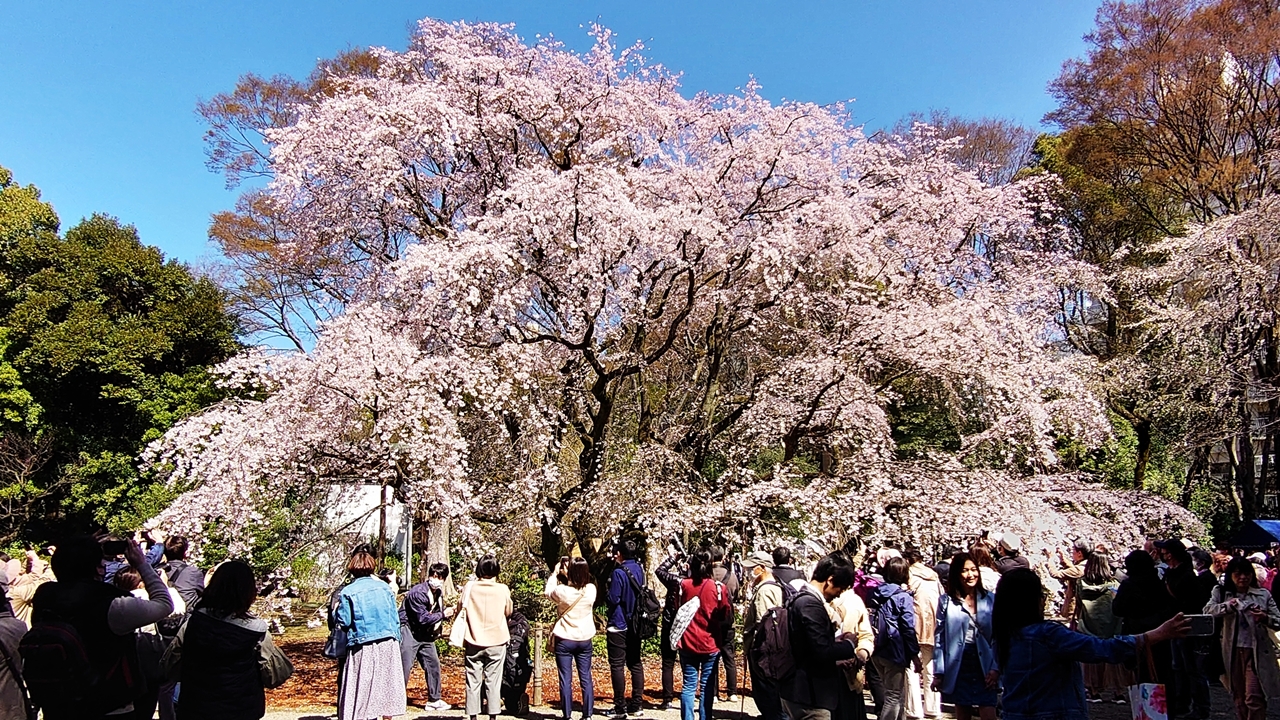In Japanese, relative expressions are often used to describe the change of seasons or natural phenomena. For example, when expressing the blooming status of cherry blossoms, the following expressions are commonly used:
- 満開 (man-kai) – full bloom
- 開花 (kai-ka) – blooming
- 五分咲き (go-bu-zaki) – halfway bloomed
- 三分咲き (san-bu-zaki) – 30% bloomed
- 開花前夜 (kai-ka-zen-ya) – the night before blooming
- 散り始め (chi-ri-hajime) – petals falling off has started
- 散り中 (chi-ri-naka) – petals are falling off
- 満開寸前 (man-kai-sun-zen) – about to be in full bloom
- つぼみ (tsubo-mi) – buds
- 開花宣言 (kai-ka-sen-gen) – announcement of blooming dates
Here are some expressions for the seasons.
- 春 (haru) – spring
- 夏 (natsu) – summer
- 秋 (aki) – autumn / fall
- 冬 (fuyu) – winter
In addition, there are also words related to each season.
春 (haru) – spring
- 桜 (sakura) – cherry blossoms
- 新緑 (shin-ryoku) – fresh green leaves
- 芽吹き (me-buki) – sprouting of new buds
- 温かい (atataka-i) – warm
- 風が強い (kaze ga tsuyoi) – windy
夏 (natsu) – summer
- 海 (umi) – sea / ocean
- 日焼け (hi-yake) – sunburn
- キャンプ (kyanpu) – camping
- ビーチ (biichi) – beach
- 蚊 (ka) – mosquitoes
秋 (aki) – autumn / fall
- 紅葉 (kou-yo) – autumn leaves changing colors
- 収穫 (shuu-kaku) – harvest
- 月見 (tsuki-mi) – moon viewing
- さむい (samui) – cool
- かぜがふく (kaze ga fuku) – windy
冬 (fuyu) – winter
- 雪 (yuki) – snow
- スキー (sukii) – skiing
- こたつ (kotatsu) – heated table
- クリスマス (kurisumasu) – Christmas
- 寒い (samui) – cold



コメント